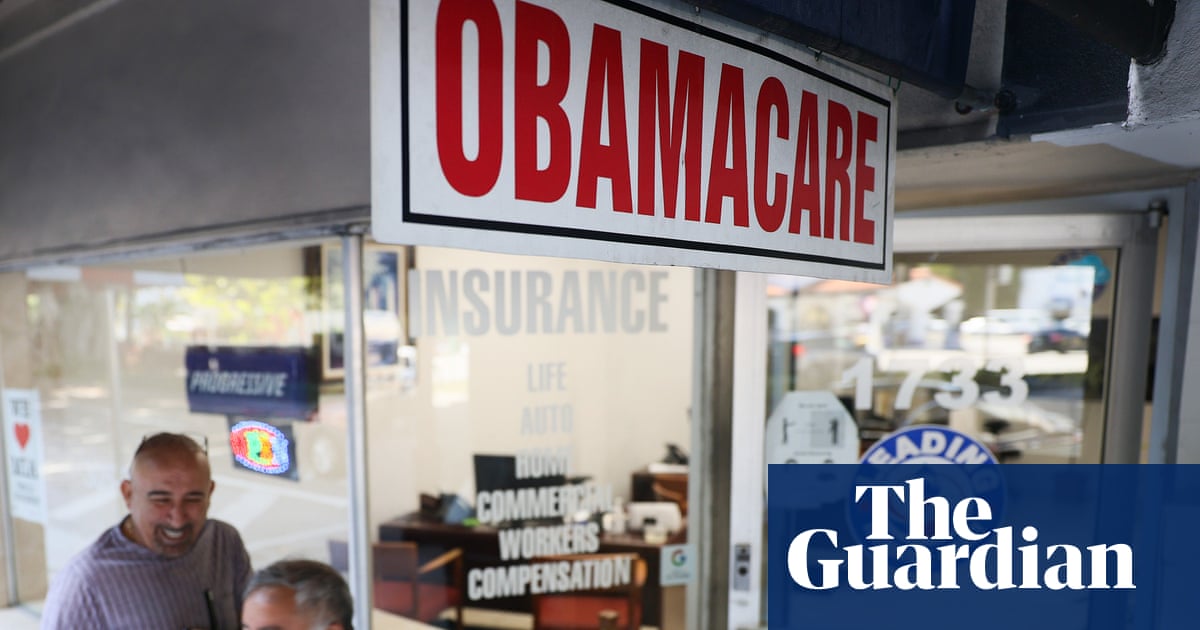As President Donald Trump clashes with Democratic governors over his push to deploy federalized National Guard troops to their cities, several former Republican governors are raising concerns about strong-arm tactics and constitutional crises — while also noting that the president has wide latitude to deploy the guard.
The three former governors, who have long histories of criticizing Trump, also expressed a sense of resignation, saying they believe he will charge ahead unless the courts rein him in.
“This is infuriating,” former New Jersey Gov. Christine Todd Whitman, who left the Republican Party in 2022 after years of opposing Trump and endorsing his opponents, said in an interview. “It is stoking resentment and fanning the flames. But as a governor there is nothing you can do to really stop the president from federalizing the guard.”
Christine Todd Whitman said governors don't have much power to stop the president from federalizing the National Guard. (Andrew Harrer / Bloomberg via Getty Images file)
Former Ohio Gov. John Kasich expressed concern with the communication between the Trump administration and state and local officials.
“I would say: ‘Here are my problems. What can you do to help me? Work with me. Don’t just shove stuff down my throat,’” said Kasich, a Republican who ran against Trump in the 2016 GOP presidential primaries and has since been a prominent anti-Trump voice in the party.
While these former governors are critics, their perspectives as former chief executives of their states are instructive when active Republicans dealing with the White House and its political objectives on a daily basis are less inclined to publicly scrutinize Trump.
Sitting GOP governors were less eager to weigh in on the matter, which could escalate if Trump invokes the Insurrection Act, a step he said he would consider if resistance from mayors, governors and courts makes it “necessary.” Roughly a dozen GOP governors, through their spokespeople, either declined or have not yet responded to requests for comment.
“Uninformed criticisms from irrelevant former politicians shouldn’t be given the time of day,” White House spokesperson Abigail Jackson said in an emailed statement. “President Trump is lawfully taking action to protect federal officers and assets amidst ongoing violent riots and lawlessness that Democrat leaders, like [Illinois Gov. JB Pritzker and California Gov. Gavin Newsom] have refused to quell. Why aren’t these washed up nobodies concerned with Democrat inaction to address violent crime and riots?”
The political fallout is falling largely along partisan lines.
The White House has cast Trump’s desire to send troops into Democratic-run cities and states as an effort to curb crime and protect Immigration and Customs Enforcement officers and facilities that administration officials say are being targeted by rioters. Trump most recently has called for deploying federalized guard members to Chicago and Portland, Oregon, drawing pushback and lawsuits from the Democratic governors in those states.
A Trump ally, Texas Gov. Greg Abbott, is on record embracing the administration’s efforts, writing Sunday on X that he had “fully authorized” Trump to deploy 400 Texas National Guard members to other states. And Trump’s push to mobilize the National Guard and other federal law enforcement agencies in Memphis, Tennessee, has met with support there from Republican Gov. Bill Lee.
“You can either fully enforce protection for federal employees or get out of the way and let [the] Texas Guard do it,” Abbott wrote in his social media post. “No Guard can match the training, skill, and expertise of the Texas National Guard.”
Peter Finocchio, a spokesperson for Republican Gov. Glenn Youngkin of Virginia, did not specifically address the recent developments in Oregon and Illinois but described the governor's administration as supportive of Trump's goals. Finocchio noted the Virginia National Guard's mobilization last month of about 40 soldiers and airmen to “provide administrative and logistics support to ICE at locations across the Commonwealth.”
The mission, Finocchio added, is expected to continue through Nov. 15.
At a news conference Monday, Pritzker suggested that Trump was trying to sow unrest so he can invoke the Insurrection Act. The measure — which allows the president to mobilize the U.S. military to conduct civilian law enforcement activities under certain circumstances — was last used during the 1992 Los Angeles riots.
“The Trump administration is following a playbook: Cause chaos, create fear and confusion, make it seem like peaceful protesters are a mob by firing gas pellets and tear gas canisters at them,” Pritzker said.
Pritzker also threatened this week to withdraw from the National Governors Association if the nonpartisan group does not take a stand against Trump's National Guard moves.
Illinois sued Monday to block the Trump administration from deploying troops to Chicago. A judge declined to immediately block the administration’s move and instead scheduled a hearing for Thursday.
Earlier, a federal judge in Oregon had blocked the Trump administration from deploying federalized National Guard members from California or other states to Portland’s streets. U.S. District Judge Karin Immergut, a Trump appointee, had also blocked the administration from deploying Oregon National Guard troops in Portland.
“I think it’s a real constitutional dilemma that is unprecedented and it will have to be resolved by the U.S. Supreme Court,” said former Arkansas Gov. Asa Hutchinson, who briefly challenged Trump for last year’s Republican presidential nomination.
“It’s difficult for the courts to step in and say, ‘We’re going to override the executive branch,’” added Hutchinson, a former U.S. attorney who stressed that he was offering more analysis than personal opinion.
Hutchinson noted that he approved the deployment of Arkansas National Guard troops to Washington, D.C., to protect federal assets in late January 2021, after the Jan. 6 attack on the Capitol and before the inauguration. He also noted that in 1957, President Dwight Eisenhower deployed the 101st Airborne Division to Arkansas to enforce integration at Little Rock Central High School over the objections of then-Gov. Orval Faubus, who had mobilized the state national guard to stop Black students from entering the school.
“He was enforcing federal law as interpreted by the courts,” Hutchinson said of Eisenhower. “There’s a lot of latitude given to the president.”
Whitman, who also was President George W. Bush’s Environmental Protection Agency administrator, suggested that governors could try to wrestle the bully pulpit away from Trump.
“There is going to be crime in cities and small towns,” she said. “Unfortunately, it happens when humans get together, but that’s vastly different than cities burning down. I remember the ’60s when the cities were burning. That is not happening. We have mostly peaceful protests outside ICE offices. ... If you are a governor, go walk the streets and take the press. There are periods where you will have drug users and homeless, and you need to be up front about that. You have to show what is and is not true, use visuals.”
Kasich, who said he was upset about a recent aggressive ICE operation involving a helicopter at a Chicago apartment complex, urged more pragmatic discussions about crime and immigration. Kasich marveled at the success that Michigan Gov. Gretchen Whitmer, a Democrat, has had in courting the president on initiatives important to her state. Whitmer, like Pritzker and California's Newsom, another Democrat opposed to Trump’s deployments, is seen as a potential White House contender in 2028.
“Everybody’s running for president, but I can’t blame it all on them, either,” Kasich said. “There’s not much communication coming the other way,” from the Trump administration to the governors.
Whitman was blunter when assessing the partisan politics, asserting that Trump is “absolutely” targeting Democratic states.
“And what I want to say to Republicans who voted for him in those states,” Whitman added, “is, ‘How is that working out for you? Are you happy?’”
This article was originally published on NBCNews.com

 German (DE)
German (DE)  English (US)
English (US)  Spanish (ES)
Spanish (ES)  French (FR)
French (FR)  Hindi (IN)
Hindi (IN)  Italian (IT)
Italian (IT)  Russian (RU)
Russian (RU) 
























Comments